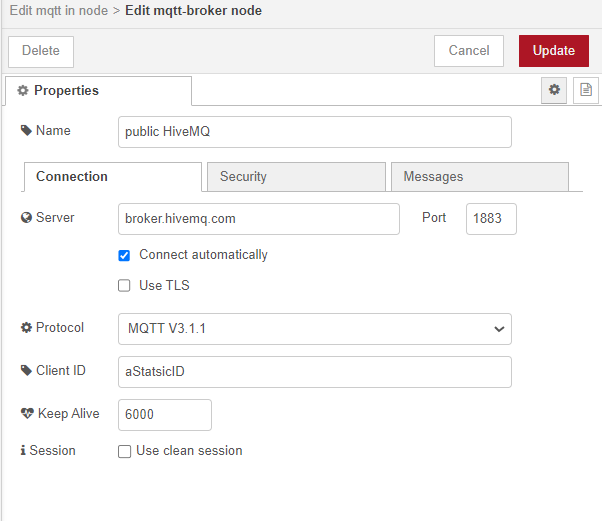Last summer, pretty much the same topic came up and the response was that even though the payload contains info for a specific flow (tab), all flows will reload as long as the reload parameter is set in the header. That answer explained the problem better, but not a solution (except to suggest modifying nodes first as a workaround).
I have a flow that monitors system performance and would benefit from being able to start selected flows. I think/hope this is mostly a documentation issue and will be solved by choosing one of the other options:
I don't want to modify any nodes in any substantial way, just restart the flow(s) passed in the message body to the POST.
This scenario is a v2 POST, I am using inline node credentials credentials , and have not included the rev property. According to the docs, that should force a reload without comparison.
My observation is that the HTTP POST command executes successfully, reloading ALL flows. Because that includes my monitoring flow, the system can end up in an infinite loop/race condition.
Is there a header option other than reload for the Node-RED-Deployment-Type that will honor a request to only load the flows (list?) in the body (regardless of node change)? If not, can you explain the logic for passing these details? Or suggest an API call to trivially change a node on the flow I want to reload?
Thanks for any help you can provide!




